If you’re an aspiring or junior software engineer, you’re probably concentrating on all the new languages you want to study, programming certifications you want to earn, and personal projects you want to add to your portfolio. But there’s more to being an exceptional software engineer than raw technical skills. If you want to advance your career, you need to demonstrate skills that make an impact, and according to the Career Education Review, 97% of employers agree that soft skills impact job performance.
But while most employers agree that soft skills are important, there’s less agreement upon which soft skills are actually essential. That’s why we’ve written this guide. Below, we’ll detail the 15 most important software engineering soft skills and how to develop them. Ready? Then let’s get into it.
Does a Software Engineer Need Soft Skills?
Yes. As a software engineer, you need soft skills to be able to communicate your work with your non-technical colleagues and collaborate on projects.
Essential Soft Skills for a Software Engineer
The term “soft skills” refers to many different abilities, and it’s easier to understand their importance if we break them down and cover them one by one.
Problem-Solving
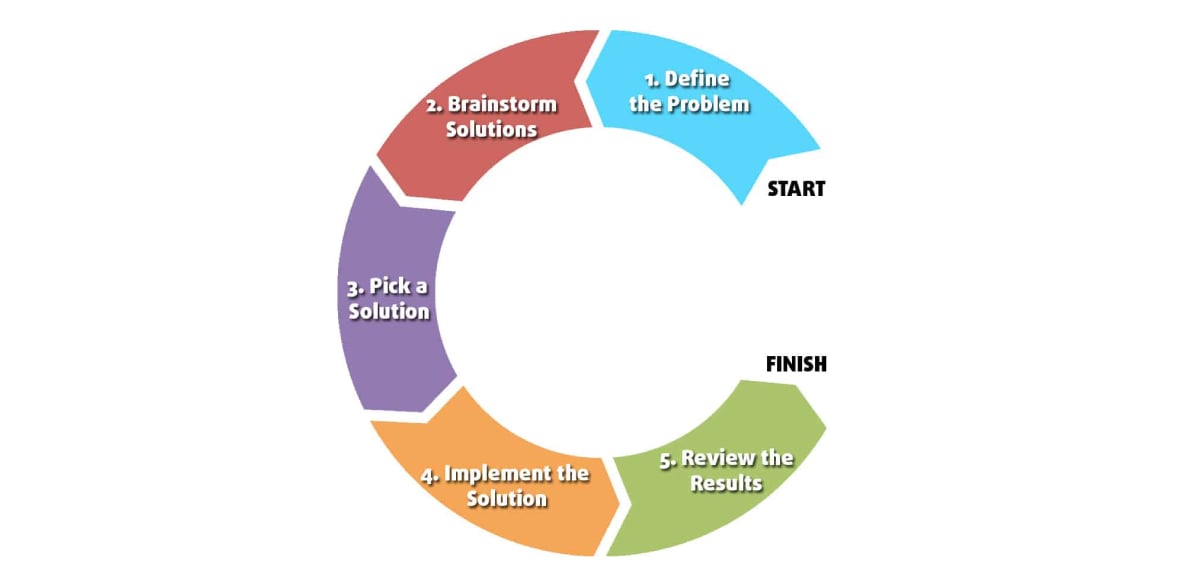
Source: Humor That Works
During your training or career, you’ve likely solved many software engineering problems—bugs, messy code, optimization issues, and more. However, this is solving problems in a technical sense. The soft skill of problem-solving can be applied to any situation, technical or otherwise. It refers to, firstly, the drive to find a creative solution and secondly, the ability to find one.
This skill is important for a software engineer because there’s never just one correct approach to writing code. The best way to tackle something changes based on the context of who needs it and what it’s needed for. You may also need to solve logistical problems such as ownership, permission, or headcount before you can even begin your project, and good problem-solving skills can help you add value to these kinds of discussions.
Communication

Source: Haiilo
As we mentioned before, a software engineer is a highly skilled professional in a technical area. Without the proper training, it’s near impossible for a non-technical colleague to understand your work without your help. In order to facilitate collaboration, excellent communication skills are essential.
You also need to be able to discuss your work with your own team members and project managers. Sharing ideas and giving feedback is a natural part of teamwork, but to excel in this area, you need to be able to articulate your ideas and treat your colleagues with respect. Two professionals with opposing ideas should not create an argument, but rather a discussion, and this requires emotional intelligence.
Communication in this area requires an open mind and a willingness to listen because there’s no guarantee that your idea will be the better one. The best solution might be someone else’s idea entirely or it might be a mixture of suggestions from multiple people. The only way to figure this out is to shift your objective from pushing your own idea to finding the best idea. In business, this is often referred to as a “best ideas win policy,” or an idea meritocracy.
Creativity
As a skilled professional, companies will hire you because you have something unique to offer. You’re not simply a robot that can replicate all the templated solutions the textbooks taught you, but an individual who refines and develops the concepts you study into something new. As a soft skill, this is called creativity, and though it can seem difficult to achieve, everyone has the capacity to be creative.
Team Player/Collaboration
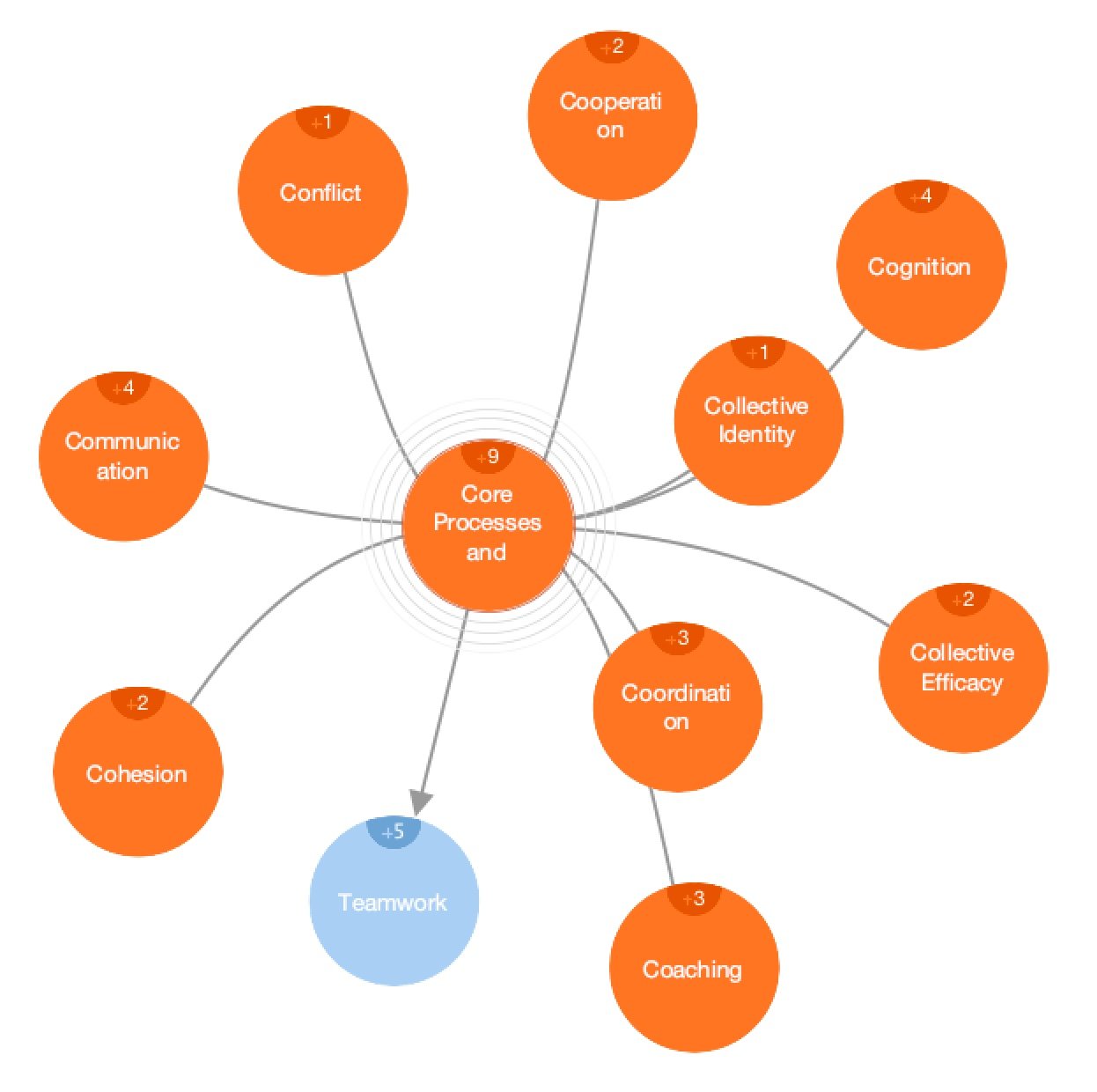
Source: Team Science
Progressing in your career is a goal for many software developers, but it’s important not to become too self-centered. This skill is also connected to the concept of the idea meritocracy, as being a team player can involve editing, refining, and improving your own ideas in conjunction with your team’s thoughts. In some cases, it may mean receiving a good deal of constructive criticism or abandoning your idea completely.
However, that’s not to say that being a team player and focusing on your collaboration and people skills is detrimental to your professional development. If you’re hoping to progress within your company, team lead and managerial software engineering roles may be part of your future, and bringing out your team’s strengths is a key leadership skill.
Self-Motivation

Also referred to as being a self-starter, this skill is all about getting things done without needing to be led by the hand or chased up. This skill can bring value both to the projects you work on and your own career development, but it can be a difficult area to get ahead in. If you rarely move forward with ideas without confirmation and permission, even when those things take a long time to receive, the first step would be to do a little more by yourself instead of waiting on others.
Get To Know Other Software Engineering Students
Jack Mayer
Software Engineer at Whitepages
Abdelkareem ElSharief
Software Engineer at Bread
Nadia Luna
Student at Springboard Software Engineering Bootcamp
Flexibility and Adaptability

No matter what industry you work in or how big the company is, changes of direction are going to be part of your professional life. You might not always agree with the changes, and you might not like the way they affect what you’re working on, but standing in the way of change is unlikely to help you or your work. Flexibility is about going with the flow and being able to let go of your own work and let it be changed or dropped when it’s necessary to do so.
Adapting to such changes quickly and without unnecessary resistance will get you working and providing value in a new area as soon as possible, and this is how you can make new opportunities for yourself.
Critical Thinking
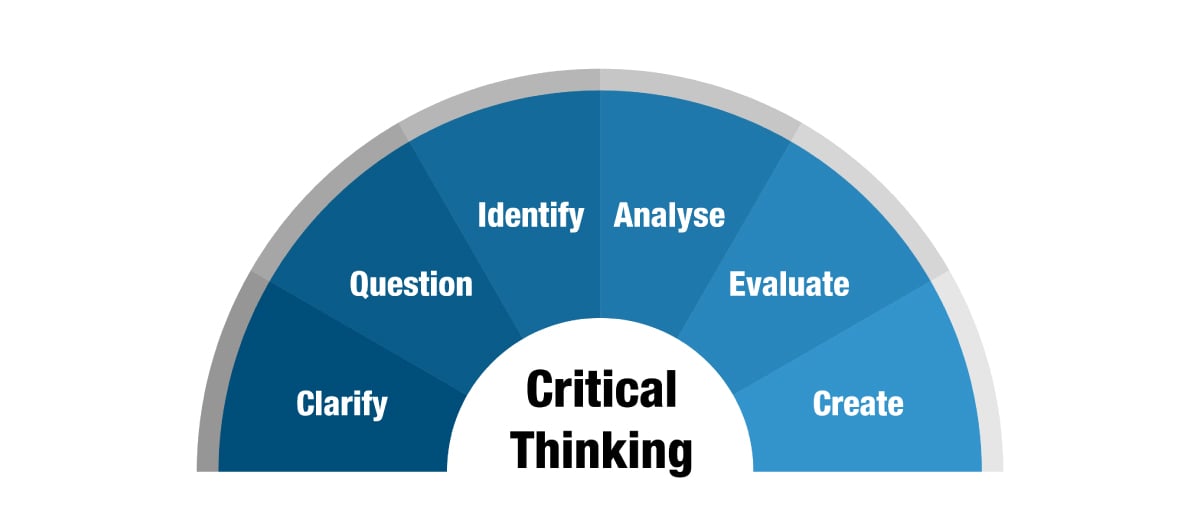
Critical thinking is similar to problem-solving skills—it entails analyzing information put in front of you from different angles and pursuing any doubts or questions you might have in relation to it. Like problem-solving, a large part of the skill is having the right mindset—wanting to solve the problem or paying attention to what you’re looking at rather than waving it away without much thought.
When it comes to programming, there are a lot of places where a bug might arise that are difficult to predict and easy to miss. But as you gain experience, you’ll also gain intuition. This is closely linked to critical thinking, as your intuition will be fuelled by prior experience and existing knowledge that your brain uses to evaluate information and form a judgment.
Persistence and Patience
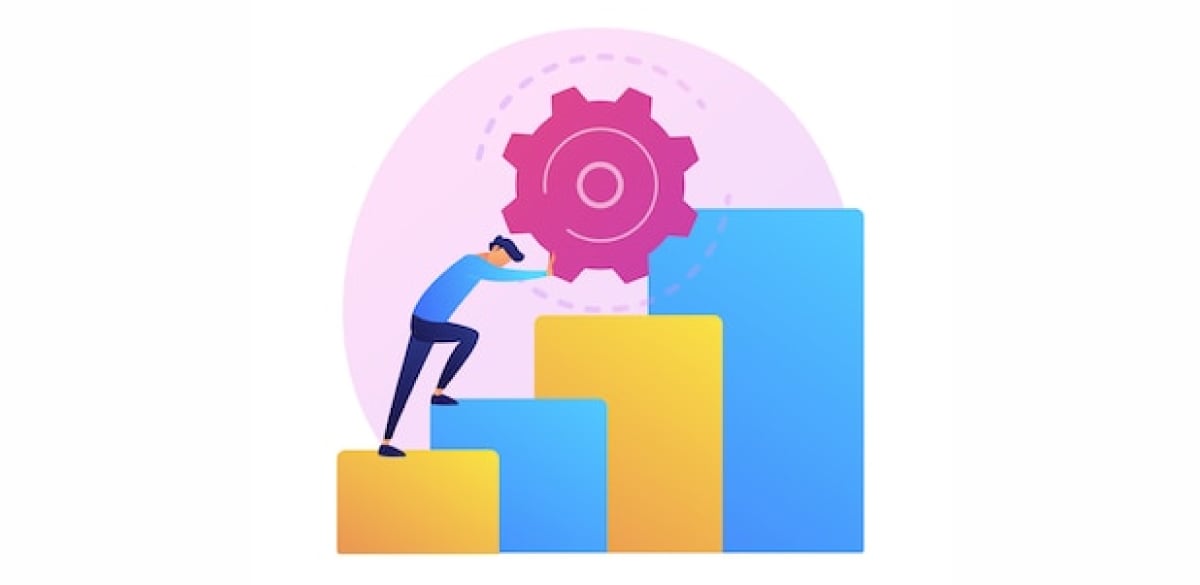
This soft skill is particularly important to software engineers when it comes to debugging. As we mentioned above, bugs in code can be utterly frustrating to find. When your initial leads fail, you can often be left sifting through the code line by line to pinpoint the problem, and this requires a great deal of persistence and patience. It’s not an easy skill, which is why there are industry professionals that value skilled debuggers.
Organization

It’s not uncommon for programmers to work in an environment of “organized chaos,” with much of the structure and organization of a project stored only in their heads. However, when you work at a company and as part of a team, this method often doesn’t work.
You might not need Jira schedules and Kanban boards to know what you’re doing and why, but your colleagues do. Being organized is about making things accessible and comprehensible to as many people as possible, which can ultimately save time for everyone and definitely improve your standing with your project manager.
Attention to Detail
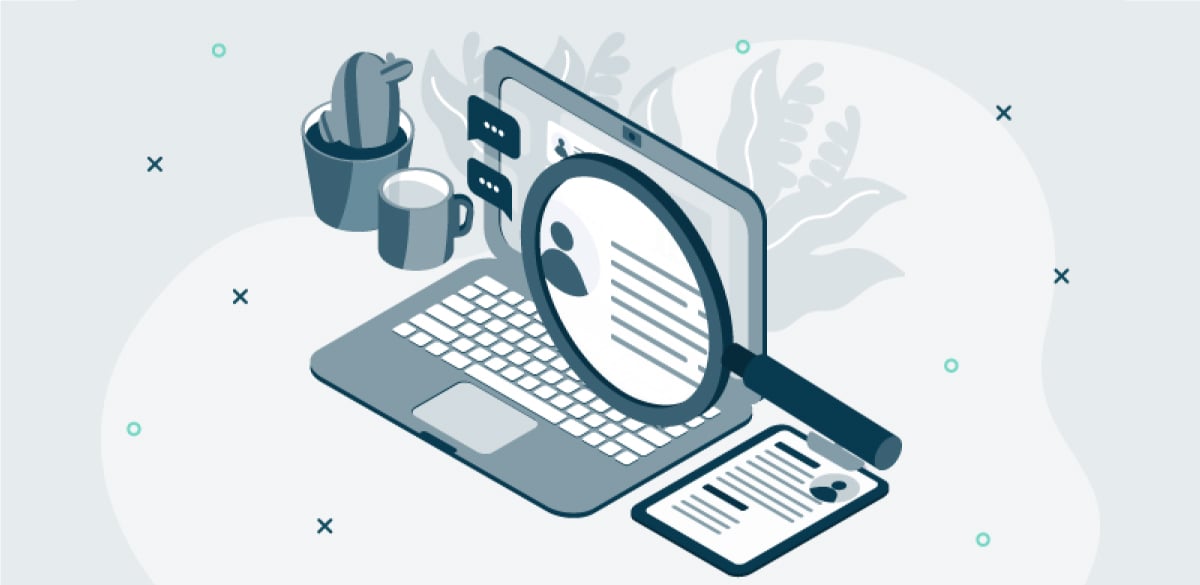
The particulars of this skill depend on the industry you work in. If you’re developing a game, attention to detail might involve small tweaks to animation or cameras. If you work at a SaaS (Software as a Service) company, attention to detail can often mean putting in some extra thought about the user you’re providing for.
Paying attention to detail is a sign of a good work ethic and a passionate engineer, but it may take some time to get noticed for it, so this skill is closely linked with self-motivation. Though you will likely receive recognition in the long run, working hard to perfect small details is often an endeavor to follow out of pride, passion, and enthusiasm for your work.
Time Management
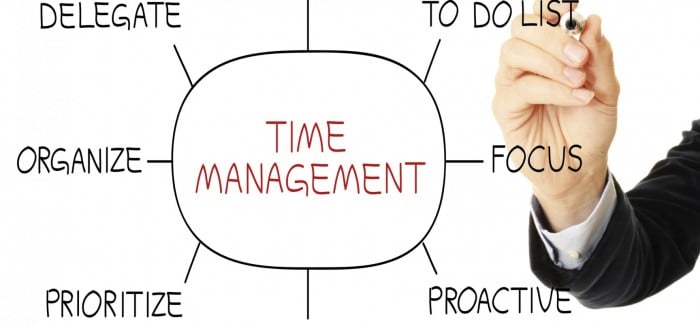
Source: Study Skills
Time management skills are a part of just about any kind of job, and software engineering is no exception. Soft deadlines and hard deadlines will always be looming ahead, and managing your time well will help you cut down on stress, improve efficiency, assist your colleagues, and become a valued employee.
Resourcefulness
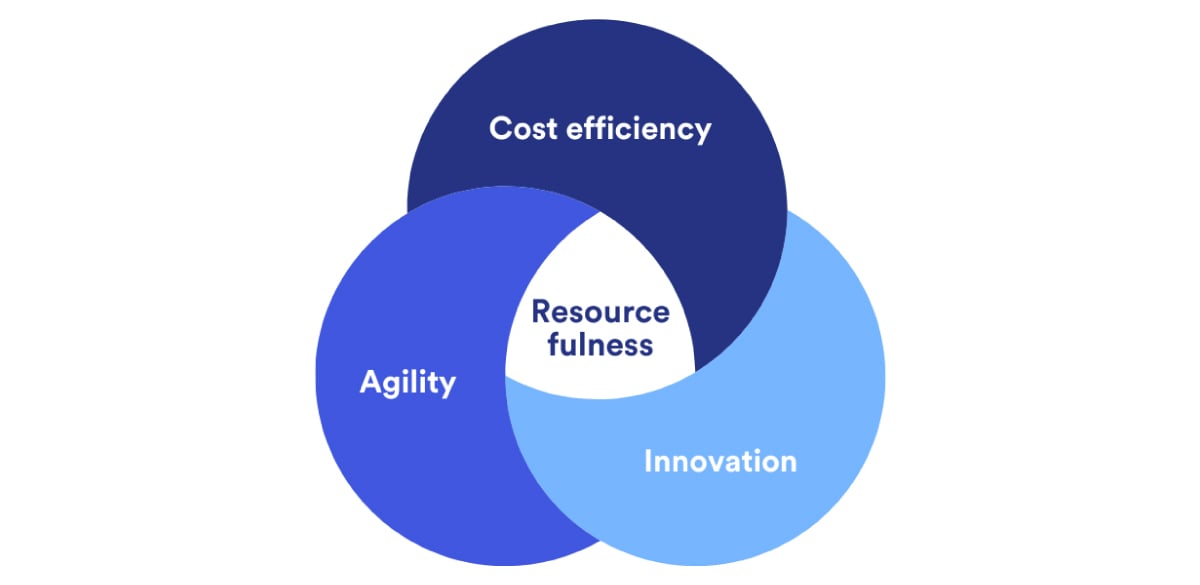
Even the best teams will have gaps in their software engineering skills and knowledge, and when this happens, you can either wait for someone else to find the solution, or you can go ahead and find it yourself. Going away and researching a new area or skill shows resourcefulness, and it will help you develop your own skills and bring value to your team.
Strong Work Ethic
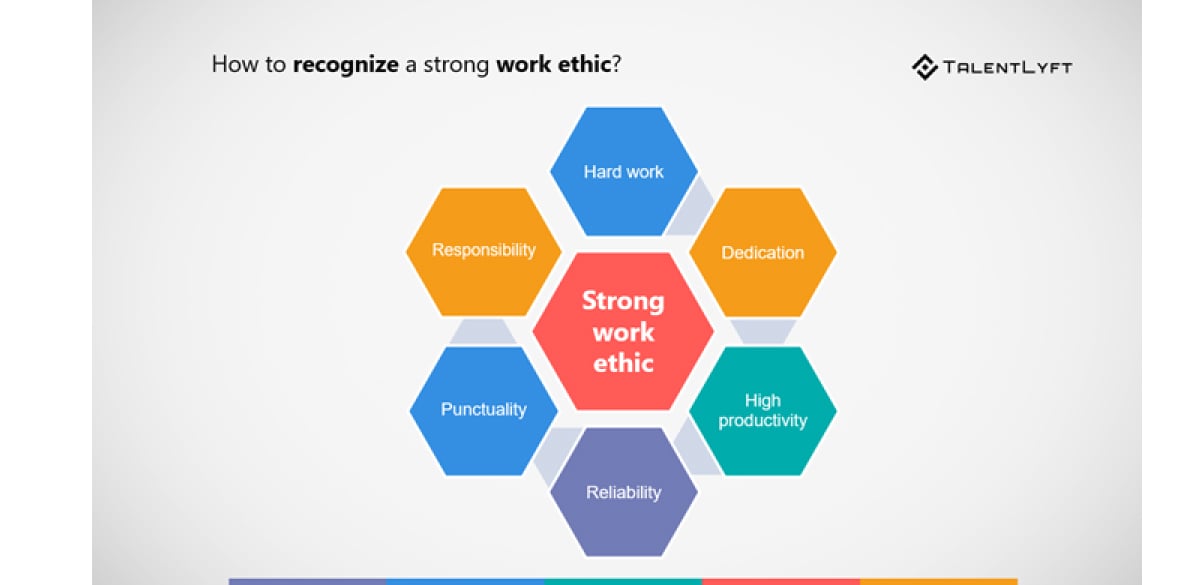
What constitutes a strong work ethic changes based on where you are, but in essence, it is the willingness and the drive to work hard and strive for optimum results. Getting involved with other parts of your company and other project teams can also show a strong work ethic, as it demonstrates your interest and willingness to learn more and contribute in more places.
Analytical Mindset
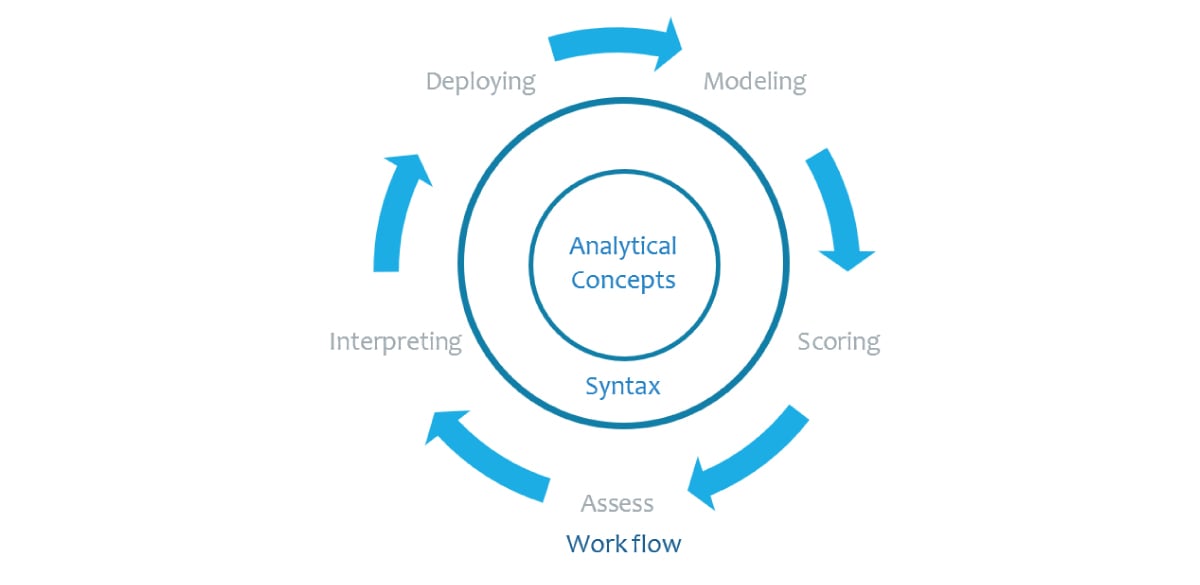
Similar to problem-solving and critical thinking, demonstrating an analytical mindset means asking the question “is that really the best way to do things?” and asking it often. Opportunities for improvement and optimization can be found in every facet of your work, and being on the lookout for such opportunities is a valuable attribute.
Responsibility and Accountability
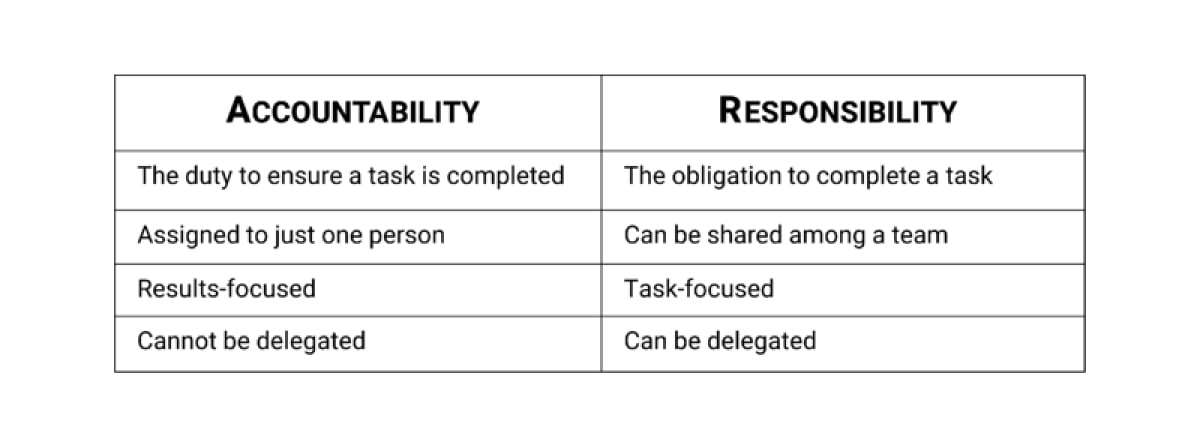
Lastly, owning your mistakes is a very useful and respectful characteristic in a professional. Shifting the blame or playing down your involvement can be more detrimental to your reputation than the mistake itself.
On the other hand, showing a sense of responsibility, accountability, and a desire to be a part of the solution can save your managers and colleagues time and effort, as well as demonstrate your reliability, even despite having made a mistake.
How Can You Develop the Essential Software Engineer Soft Skills
Developing soft skills such as those listed above takes more than just work experience. The truth is, you could get a job and still manage to avoid the majority of opportunities to practice these skills.
Whether you’re just starting out or you still have a job, the following tips will help you grasp every opportunity that comes your way.
Take a Relevant Course or Bootcamp
If you’re training to become a software engineer and land an entry-level developer job, working and studying alongside others is a great way to practice soft skills such as communication, collaboration, organization, and flexibility. Enrolling in a software engineering bootcamp or software engineering certificate program can provide you with ample opportunity to work with other students on hands-on projects and problems.
Pursue an Internship
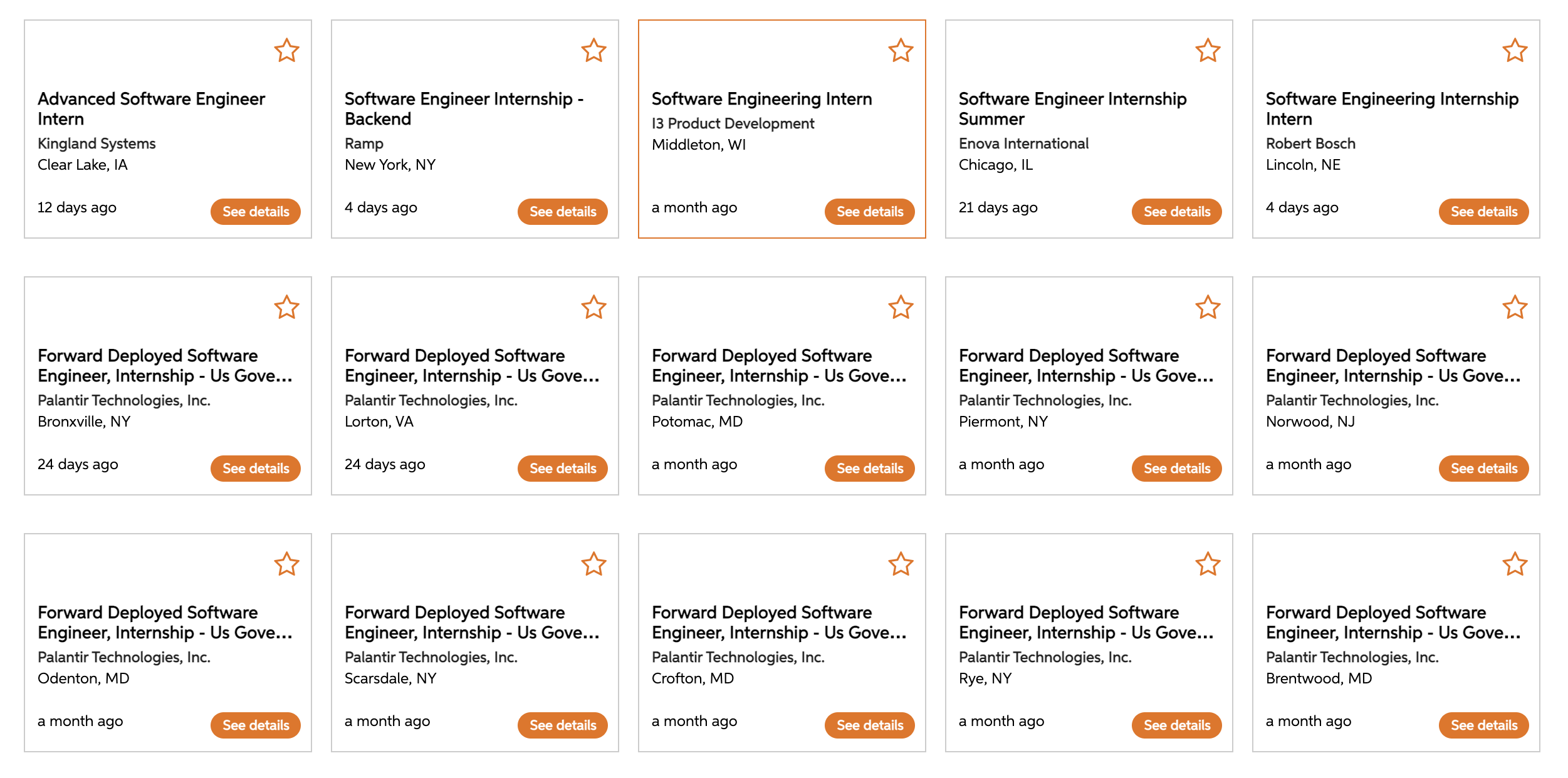
Completing an internship while you study is a great way to gain practical experience before starting your first job, as they present a unique chance to observe and participate in a professional environment without being tied down by your own responsibilities.
Get a Mentor
Finding a mentor just means developing a relationship with a software development professional, such as a senior engineer, who can answer your questions and potentially provide code reviews for your work. You may meet potential online, through study, internships, industry events, or work.
Ask for Advice and Embrace Feedback
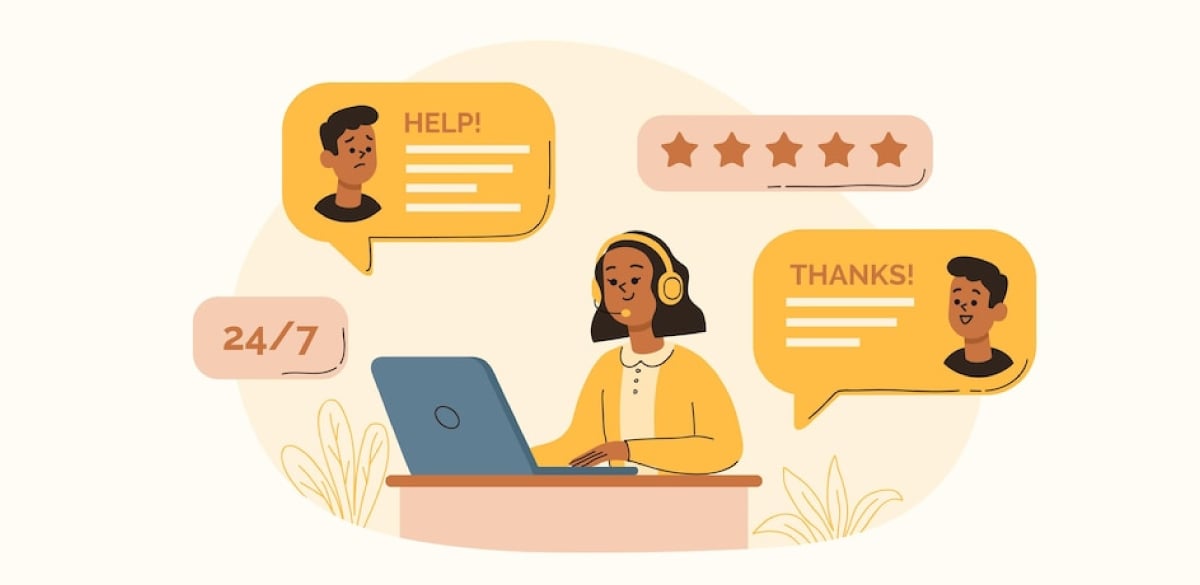
Advice isn’t something you’ll automatically receive without asking for it, so it’s important to make it clear to those you work with that you’d appreciate any feedback they can give you. It won’t always be positive feedback that you receive, but embracing all forms of constructive feedback is an important part of developing your skills and learning to navigate in a professional environment.
Practice Makes Perfect
Not every challenge you take on during your professional career will turn out perfectly on the first try, but that’s no reason to avoid trying again. No one is born with the skills and experience needed to excel in a senior position that pays more than $250,000 in salary—this can only be achieved through practice.

Related Read: Software Engineer Salaries: What Do Software Engineers Earn?
Become a Lifelong Learner
The drive to keep learning isn’t naturally present in everyone, but it is a necessity when it comes to professional development. Keeping your knowledge and programming skills up to date and exploring new areas of expertise is a sign of being an excellent software engineer, and eagerness to learn is an attribute that is appreciated by many.
FAQs About Software Engineer Soft Skills
Let’s finish off with some frequently asked questions about soft skills.
How Do You List Soft Skills on a Resume?
Many job descriptions list soft skills as a requirement, so it makes sense to add them to your software engineering resume under the “skills” sections.
During an interview, it’s likely that you’ll be asked for examples from prior experiences that demonstrate these skills, so it can be helpful to prepare answers for each skill you list.
Is Programming a Soft Skill?
No. Programming is a technical skill. However, programming jobs require many soft skills such as social skills, public speaking skills, cognitive skills, project management skills, and the ability to hand in projects on time.
Is It Hard To Learn Soft Skills?
Non-technical skills can be difficult to develop, as they must be learned through opportunity rather than through study. It’s good to be aware of the fact that every working day presents opportunities to improve your soft skills, because the more you think about what you’re doing, the more room you’ll find for improvement.
Since you’re here…
No one wakes up knowing how to code – they learn how to code. Tens of thousands of students have successfully learned with our courses, like our Software Engineering Bootcamp. If you’re a total newbie, our Software Engineering Career Track Prep Course will be a perfect fit. Let’s do this!








![84 Full Stack Developer Interview Questions [2022 Prep Guide]](https://www.springboard.com/blog/wp-content/uploads/2022/05/84-full-stack-developer-interview-questions-2022-prep-guide.png)
